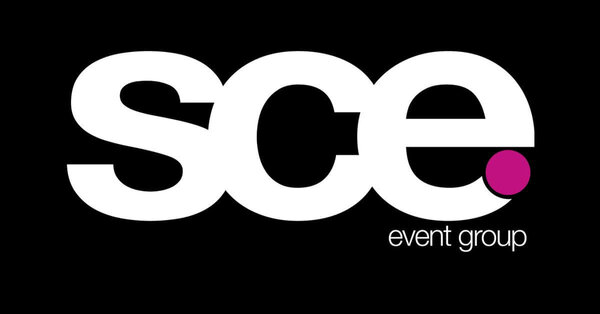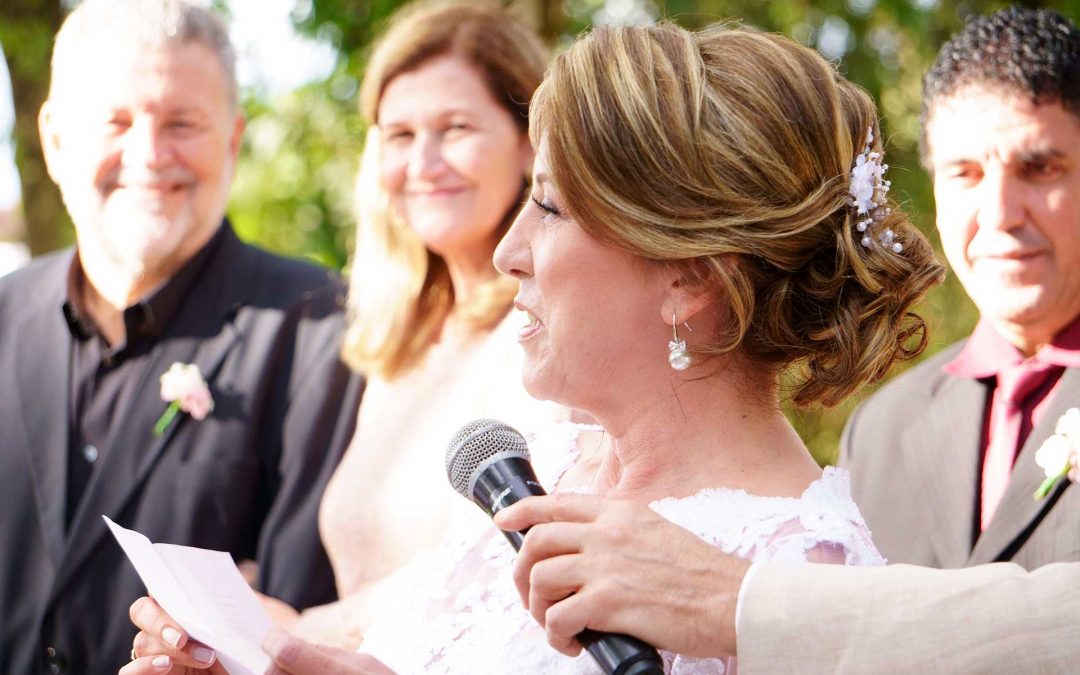When you think about all of the weddings you’ve been to, what does every absolutely killer wedding speech have in common?! I bet your answer falls somewhere along the lines of “It had the right flow and it wasn’t too long!”
So, if you have a wedding speech to write and deliver in the near future, and are feeling a little nervous, we recommend that you factor in some of the below guidelines to help you find your own short but sweet wedding speech flow!
Open With a Statement or Maybe a Question
Don’t lead with a joke or a reference to how nervous you are. After all, the goal is to engage your audience, not make it a boring one-way message. And, it can be as simple as “Hello and welcome everyone. I hope you’re all having a great night so far.”
Address Your Audience
Focusing on yourself only enhances speech delivering nerves. Instead, it’s wise to concentrate on your audience and how you want to make them feel with your words. This will help you to speak from the heart, and will convey your gratitude for being chosen for such a special moment. Ideally you want to make the happy couple feel special while also engaging the audience.
Zero in a Few Important Points
We recommend that you select one to three aspects of the newlyweds that you love and appreciate, along with very simple, and succinct stories where the bride and groom are the heroes to illustrate your points. This is an excellent way to keep your message clear and focused. And, definitely avoid inside jokes and “You had to be there” stories, or you will lose your audience’s attention.
Rehearse, But Not TOO Much!
The better prepared you are, the more confident you will feel behind the podium and the better your speech will be. A good rule of thumb is to practice your speech enough that you can remember the most important points you want to make and the order in which you plan to make them. That will free you up to relax into the moment and make eye contact with some of the guests. But, don’t practice so much that you are simply reciting from memory, word for word. You want it to feel sincere, not canned!
Record Speech Practice
We suggest that you use your phone to take a video of yourself during your practice sessions. We know that it can feel a little uncomfortable to watch yourself, but you’ll be able to identify distracting mannerisms and body language. It will also help to weed out verbal pauses such as, ‘um,’ ‘uh,’ and ‘like’.” It’s also a good idea to practice your speech in front of someone else, as a second opinion can help you make your speech that much stronger.
Minimize Pre-Speech Cocktails
Although it may be tempting to look for a bit of liquid courage, alcohol definitely won’t do you any favors. But, if you really feel like you need a drink to loosen up the nerves or don’t feel like you can refrain from participating in other toasts, stick to one glass of Champagne or one cocktail before you address the crowd. Don’t let all your pre-speech prep go to waste by slurring your speech, or forgetting your most important points!
Be Yourself
Keep in mind that you’re not putting on a show, only sharing your personal perspective and well wishes. And, trying too hard to force the funny can yield the opposite of the desired effect! Remember this isn’t about you! To that end, we’ve noticed that keeping it short, sweet, heartfelt, and authentic and staying focused on the couple generates some of the most wonderful wedding speech moments.
Don’t Embarrass the Newlyweds
It’s a wedding speech, not a roast! So, while this should go without saying, make sure you keep the bachelor or bachelorette party jokes out of it, and remember that grandma and your friends’ colleagues are in the audience! It can be okay, at times, to look back at childhood and refer to something funny, but ask yourself this first… If the shoe was on the other foot, would you like 100-plus of your closest friends knowing that story about you?
Refer to Your Notes
Reading your speech straight from a piece of paper is absolutely a big no-no! However, having a couple of note cards handy is encouraged, and will make you feel more prepared. After all, you’re likely to feel a little nervous, excited, which can make you forget your lines. The audience won’t care if you glance at your notes from time to time. In fact, there’s a good chance they won’t even notice.


Recent Comments